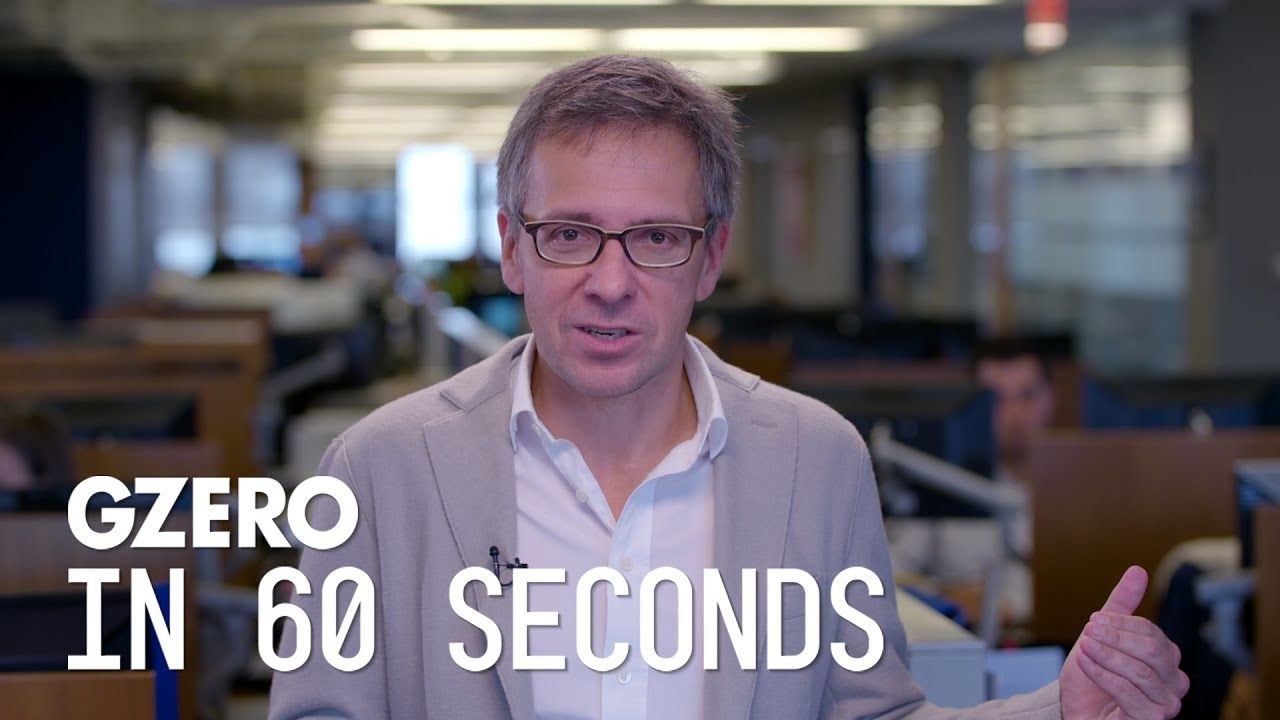
What happens to the Kurds now that the U.S. has left Syria?
Well I mean, first the U.S. hasn't left Syria. We're talking about 50 to 100 Special Forces in a border area compared to a thousand American troops on the ground in Syria. The tweet is so much bigger than the reality. Now the Kurds are gonna be deeply annoyed because they've been fighting with the Americans, for the Americans, against ISIS and now they're increasingly gonna be aligned with the Russians and Assad because they don't trust the U.S. But frankly, they were kind of expecting this to come. And the Turks coming in are not going to blow up all of the Kurds. They don't want a big war on the ground. The reality is that Syria moves much more slowly than Trump tweets about it.
Can you explain what's going on with the NBA in China?
Yeah, the NBA makes a lot of money in China. And so, even though Commissioner Silver said last year "it's very important to stand for something," the thing that's most important to stand for is the Chinese market and all the cash that you can make there. So, when your general manager of the Houston Rockets - We like the Rockets. They got James Harden. He's filthy in the way he plays, right? - But the GM is not so filthy. He just says "I want to support the Hong Kong demonstrators." They have to take it down. Everyone apologizes. The Chinese apology is even worse, more embarrassing than the English language apology. And then the head of the Nets, the owner, actually gives like this two-page propagandistic screed saying that "Hong Kong's all secessionist you should oppose and it's a third rail." The NBA doesn't take that down. Oh, what a mess for the NBA. They're not gonna be back in China anytime soon. They're take an economic hit. And meanwhile, the Americans are kind of cheesed off. Except the Americans don't care about politics. That is, most Americans, so maybe they're okay. Anyway, not you guys. You watch this stuff. See you next week.